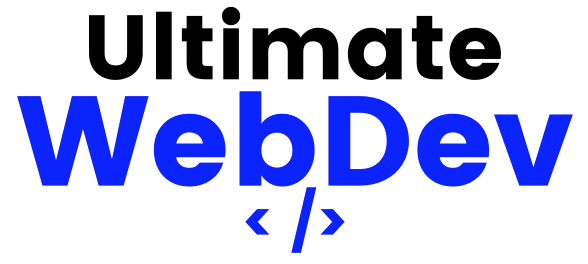Git
Git is an open-source distributed version control system (DVCS) designed for tracking changes in source code during software development. Created by Linus Torvalds in 2005, Git has become the de facto standard for version control, enabling developers to collaborate on code, track revisions, and manage project histories efficiently.
Key Concepts and Features of Git:
Version Control: Git allows developers to manage different versions of their codebase. It tracks changes made to files over time, making it possible to revert to previous versions, compare changes, and collaborate seamlessly.
Distributed: Git is a distributed version control system, which means that every developer has a complete copy of the repository, including the entire history of the project. This decentralization enhances redundancy and enables offline work.
Branching and Merging: Git’s branching and merging capabilities are powerful. Developers can create branches to work on specific features or fixes independently and then merge their changes back into the main codebase.
Commit: In Git, a commit represents a snapshot of the project at a particular point in time. Developers make commits to record changes and provide descriptive commit messages to explain the purpose of each change.
Repository: A Git repository is a collection of files and their history. Repositories can be hosted on local machines or remote servers, making it easy to collaborate with others.
Remote Repositories: Git allows developers to work with remote repositories hosted on services like GitHub, GitLab, Bitbucket, and others. This enables collaboration among distributed teams and provides a central location for code hosting and sharing.
Pull and Push: Developers can pull changes from a remote repository to update their local copy and push their changes to share with others. These actions facilitate collaboration and code synchronization.
Conflict Resolution: When multiple developers make conflicting changes to the same code, Git provides tools for resolving conflicts and merging changes intelligently.
Advantages of Using Git:
Version Control: Git helps teams keep track of code changes, making it easier to identify and fix issues and roll back to previous versions if necessary.
Collaboration: Git enables seamless collaboration among developers, even in distributed or remote teams, by providing a unified platform for sharing code changes.
Branching: Git’s branching model promotes parallel development and experimentation while maintaining a clean and stable main codebase.
Offline Work: Developers can work offline, committing changes locally and synchronizing with remote repositories when an internet connection is available.
Community and Ecosystem: Git has a vast and active community, resulting in extensive documentation, tutorials, and a wealth of tools and integrations.
Security: Git offers authentication and access control mechanisms to protect code repositories and control who can make changes.
Common Use Cases for Git:
Software Development: Git is extensively used in software development to track code changes, collaborate on projects, and manage software releases.
Open Source Projects: Many open-source projects host their code on platforms like GitHub, making it easy for contributors from around the world to collaborate.
Team Collaboration: In corporate and team environments, Git simplifies code collaboration, allowing multiple developers to work on the same project without conflicts.
Backup and Versioning: Individuals and organizations use Git to maintain versioned backups of their files and documents.
Content Management: Git can be used for versioning and managing content in non-code contexts, such as documentation, blogs, and websites.
Git is a powerful and versatile version control system that provides essential tools for tracking code changes, collaborating on software projects, and managing code repositories efficiently. Its distributed nature, branching capabilities, and extensive ecosystem have made it an integral part of modern software development workflows.

